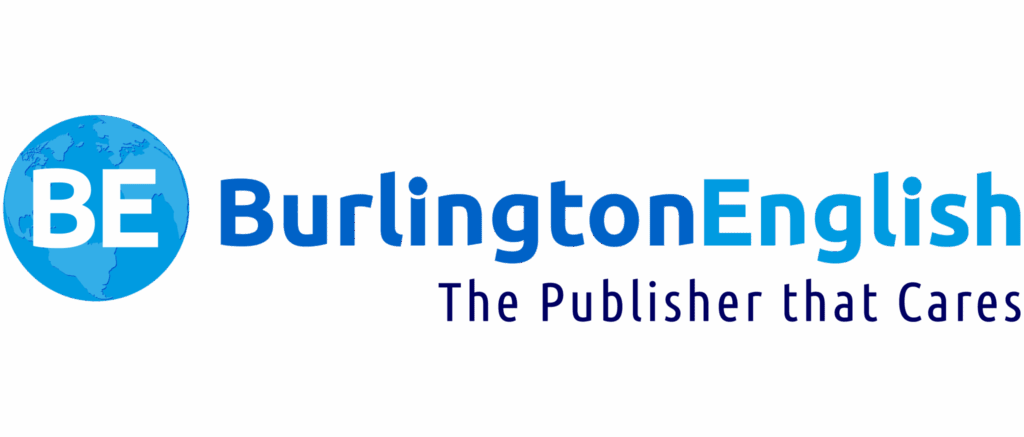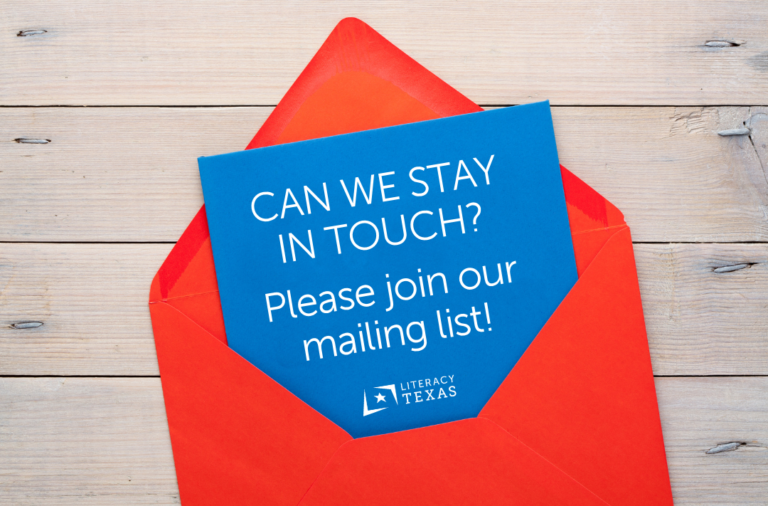This is a guest post by BurlingtonEnglish, a 2025 Annual Conference sponsor.
In today’s job market, literacy extends far beyond the ability to read and write. It includes understanding, communicating, and applying knowledge in practical ways that enable individuals to function effectively at work and in daily life. Yet over 43 million adults in the U.S. possess low literacy skills, according to the National Center for Education Statistics. That’s nearly one in five adults who may struggle with filling out a job application, understanding workplace safety protocols, or even reading a paycheck.
This skills gap has a ripple effect not just on individual careers, but on families, communities, and the economy. To meet the demands of today’s workforce, adult education must take a holistic approach, integrating job preparation, soft skills, digital literacy, and financial literacy into literacy instruction.
One powerful tool addressing this need is Burlington Ready to Work, a comprehensive course designed to help adult learners build the essential skills they need to find and keep employment in today’s competitive job market.
Workforce success begins with literacy. Adults with strong literacy and communication skills are more likely to obtain steady jobs, earn higher wages, and pursue career advancement. On the flip side, low literacy often correlates with low wages, job insecurity, and limited upward mobility.
But employers also feel the impact. From errors in communication to safety concerns and limited productivity, businesses lose time and money when their workforce lacks basic skills. That’s why investing in adult literacy and equipping learners with relevant, work-focused education is critical for long-term economic stability.
Job Preparation: More Than Resumes
Today’s job seekers need more than a polished resume, they need to understand how to interpret job postings, complete online applications, and prepare for interviews. Burlington Ready to Work directly supports this need by providing workforce readiness vocabulary, functional language practice, and real-world job scenarios.
Its curriculum offers career-focused lessons that simulate real workplace tasks. Whether it’s communicating with customers, interacting with a supervisor, or preparing for a job interview, learners get practical experience that translates directly to the workplace.
This kind of job preparation gives adult learners confidence and competence, not only to get a job, but to succeed in it.
Soft Skills: The Hidden Currency of Employment

In addition to hard skills, employers consistently prioritize soft skills—communication, teamwork, adaptability, and time management. These are the skills that help people work effectively with others and handle the day-to-day challenges of professional life.
Burlington Ready to Work incorporates explicit soft skills training into its lessons. Learners read and talk about teamwork, resolving workplace conflicts, and managing time and tasks efficiently. This focus ensures learners aren’t just trained for the technical aspects of a job but are equipped to thrive in diverse work environments.
Digital Literacy: The New Baseline
In today’s economy, digital skills are no longer optional. Job applications, communication with employers, online scheduling systems, and even time clocks are increasingly digitized. Yet, many adults with low literacy also lack digital access and confidence.
BurlingtonEnglish bridges this gap by integrating technology-based instruction into its platform. Learners not only gain valuable literacy skills and workplace vocabulary but also learn how to navigate digital tools safely and effectively, whether writing emails or using job search platforms. The online platform is intuitive and learner-friendly, making it accessible to adults with limited digital experience.
This dual focus on language and digital literacy prepares learners for the realities of modern workplaces—where being digitally prepared is essential.
Financial Literacy: Empowering Life Beyond the Job
Financial stress is one of the leading causes of workplace absenteeism and distraction. Many adult learners struggle with budgeting, credit management, or understanding their pay stubs, issues that can lead to financial instability.
Recognizing this, Burlington Ready to Work includes financial literacy content that helps learners understand personal finance concepts like budgeting, banking, and credit. These lessons are designed with clear language, real-life examples, and practical tools to empower adults to take control of their financial futures.
Financial literacy strengthens not only the worker, but their household and community, promoting long-term economic stability.
Why this Matters
Adult literacy is a foundation for opportunity, and workforce readiness is the bridge to a better future. With the right tools, training, and support, every adult has the potential to succeed in today’s workforce. BurlingtonEnglish offers a pathway forward, helping adult learners gain the skills, confidence, and readiness they need to succeed at work and beyond.
To learn more, watch our Burlington Ready to Work video!
Get Texas literacy updates
Join our mailing list so you don’t miss any news:
- Local and national literacy news
- Conference updates
- Regional symposia
- Best of Texas
- Advocacy
- …more!





